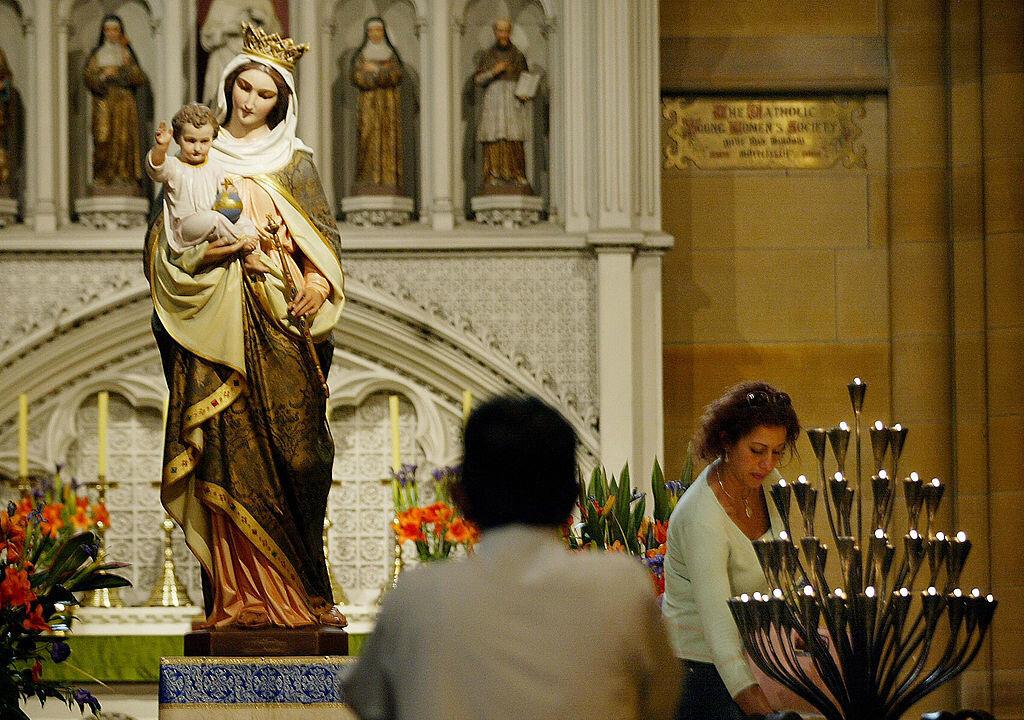Commentary
The danger of the Australian government’s new religious discrimination bill is that in adding more laws on top of bad laws, Australians of faith could find it is a cure that is worse than the disease.

The danger of the Australian government’s new religious discrimination bill is that in adding more laws on top of bad laws, Australians of faith could find it is a cure that is worse than the disease.